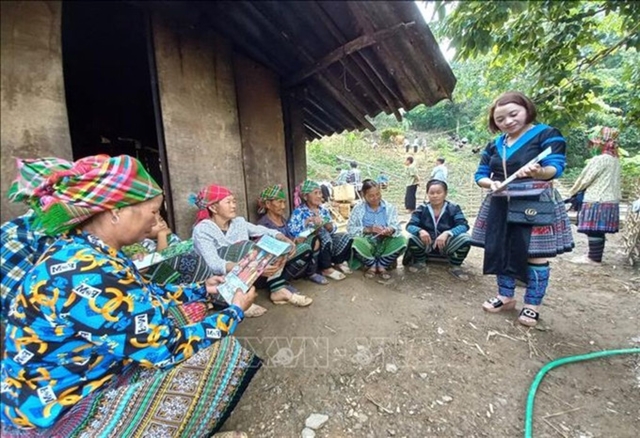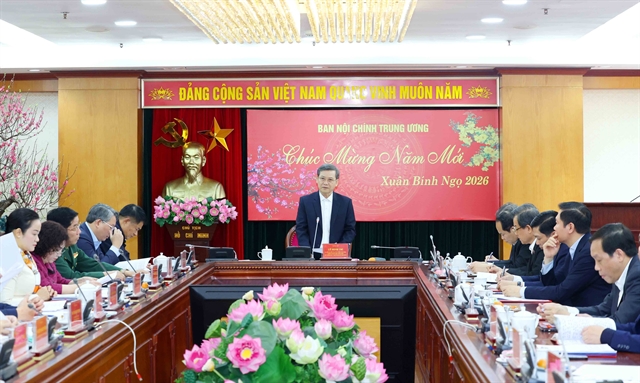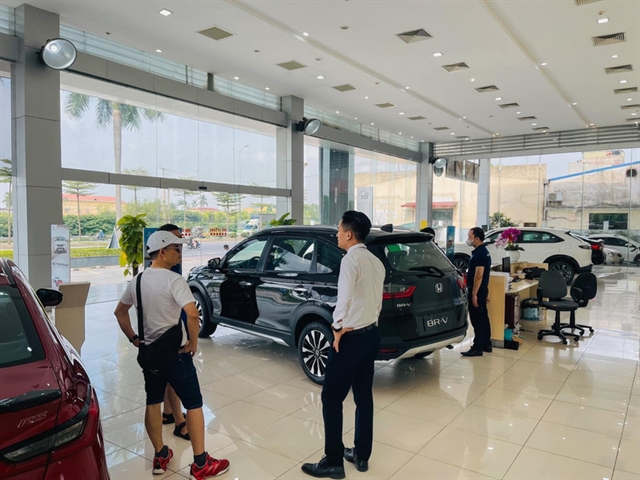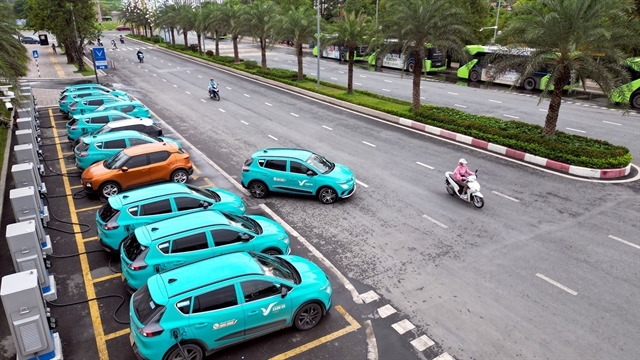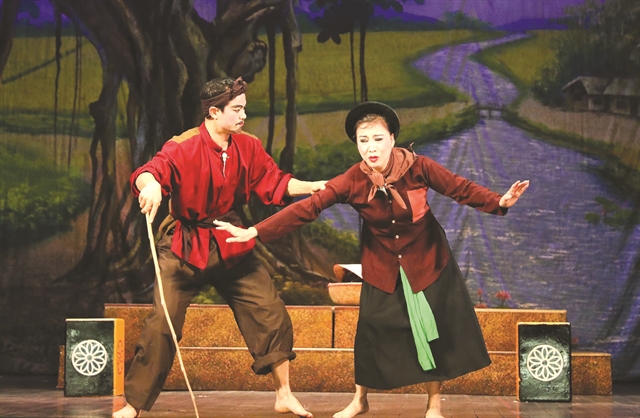 Features
Features
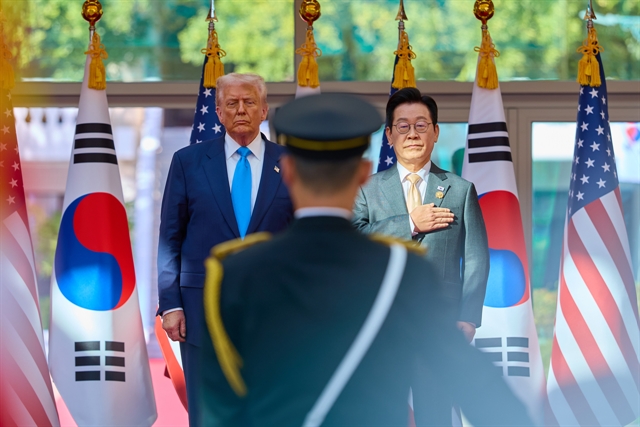
Despite leading a difficult life, 61-year-old Thạch Ua in Phong Phú Commune in the southern province of Trà Vinh has twice donated land for building a primary school and kindergarten in his hometown, helping hundreds of ethnic students in the area to attend schools.
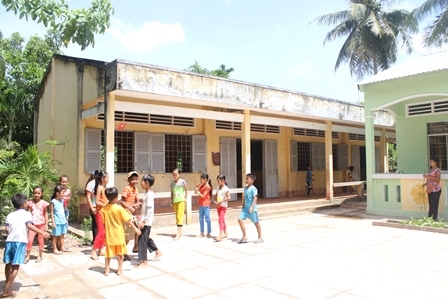 |
| School days: Students play happily on the playground of Phong Phú B Primary School which was formerly Ua’s land. Photo dantri.com.vn |
by Minh Giang
Despite leading a difficult life, 61-year-old Thạch Ua in Phong Phú Commune in the southern province of Trà Vinh has twice donated land for building a primary school and kindergarten in his hometown, helping hundreds of ethnic students in the area to attend schools.
Phong Phú Commune is home to many Khmer ethnic people who account for over 60 per cent of its population. As a poor community whose main sources of living derive from farming, many households have not been able to afford education for their children. Due to a lack of schools, many Khmer children are forced to stay home to work with their parents.
Others must travel by boat or wade a 4km muddy path to reach the main road to walk to their schools.
After witnessing his daughter and many nearby children’s difficulties in going to school daily, Ua spoke with local authorities and allowed them to use the bare land in front of his house to build a temporary primary school.
“I used to be a soldier fighting on a Cambodian battlefield. After being demobilised, I returned to my home village to work as a farmer,” he said. “There were no schools in my hamlet. Students had to walk long distances to reach their schools. So I thought of lending my land to local authorities to build temporary classes. At that time, I just wanted to have a school nearby so my daughter and neighbouring children did not have to cross the muddy path or sit on rocking boats to go to schools anymore,” he said.
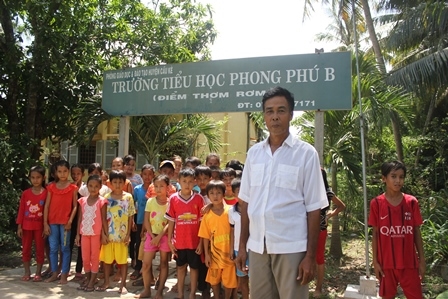 |
| Farmer and schoolchildren: Thạch Ua poses with students of Phong Phú B Primary School. Photo dantri.com.vn |
A makeshift classroom made of bamboo and leaves was first set up on his land in 1990. When that classroom later deteriorated seriously, he decided to donate 1,000 square metres on which two classrooms with brick walls and metal roofs were built to establish Phong Phú B Primary School in 1995.
Ua’s intentions received enthusiastic support from both his family and neighbours.
“When he spoke with me about lending our land to authorities, I accepted immediately because I understood how difficult the children’s journey to school was,” says Thạch Thị Ngone, Ua’s wife.
“My family are farmers and the land we donated might be of high value. But I did not calculate anything but hope that local children would be educated, instead of dropping out of school.”
From the small Phong Phú B Primary School, generations of students have grown up to have a brighter future, becoming engineers, doctors and teachers.
“Everyone needs money but money can never be as valuable as knowledge. Only education helps people to broaden their minds, live properly and contribute to society,” Ua says.
There was a primary school, but no kindergarten in the area. So Ua also suggested local authorities open a kindergarten in his house in 2012.
Ua’s house had enough space for only 23 small children. But there was high demand for children to attend kindergarten in the hamlet and vicinity.
In 2012, he decided to donate another 500sq.m of his land for the People’s Committee of Cầu Kè District to construct a new kindergarten. The school welcomed nearly 100 children in Phong Phú Commune after it was built.
“Ua has a very good will and he donated land for the students in the commune twice. Recently, when local authorities encountered difficulties in upgrading the traffic system, he donated more land to finish a 900m road. He has received many certificates of merit for his good deeds,” says Huỳnh Thị Định, vice chairman of Phong Phú Commune’s People’s Committee.
“He is respected within the Khmer community. When there are disputes or campaigns in the region, the authorities ask for Ua’s help”, she adds.
It was a midsummer afternoon. Students were playing happily in front of Ua’s house. Though it was summer vacation, the ethnic students were being taught the Khmer language to preserve their writings and culture.
As soon as Ua stepped out on the playground, the children immediately surrounded him and held his hand joyfully.
“I’m very happy to see the children now have a place to play and learn,” he says. VNS

